'Syria’s Assad revokes multiple entry visas for European Union diplomats'
Syria’s President Bashar al-Assad has revoked multiple entry visas for European Union diplomats and officials traveling regularly to Damascus, senior EU diplomats say.
Three senior EU diplomats, speaking on condition of anonymity, said on Thursday that they believed the move was an attempt to make European governments and the bloc re-open their diplomatic missions in the Syrian capital.
“This is a measure that hits diplomats and staff of European government embassies and the European Union institutions,” commented an EU diplomat.
The European Commission later confirmed that the Syrian government had suspended the visas.

“Yes, that is true,” the commission’s spokeswoman, Maja Kocijancic, said at a briefing, adding that the Bashar al-Assad government has “suspended multiple entry visas. In that context, we are continuing as the EU, in contact with member states, to do whatever we can to avoid it having an impact on the important work we are doing on the ground.”
The EU has used the Lebanese capital Beirut as its diplomatic base while shuttering most embassies in Damascus ever since foreign-sponsored militancy broke out in Syria in March 2011.
The bloc imposed a fresh round of economic sanctions on the Damascus government on Monday, saying that it would not shift its policy until a political transition away from Assad was underway.
The EU slapped sanctions on Syria’s state-run Scientific Studies and Research Center (SSRC) as well as five of its staff over what it calls the use of chemical weapons.
New batch of Syrian refugees return to homeland from Lebanon
Separately, hundreds of Syrian refugees returned on Thursday to their homeland from various areas in neighboring Lebanon.
The return of refugees took place under the supervision of Lebanon's General Security in cooperation with the Office of the United Nations High Commissioner for Refugees.
Refugees returned home using buses sent by Syrian authorities and arrived at al-Dabbousia and Jdeidet Yabous border crossings.

The refugees underwent medical checks and polio vaccines were administered to children. They were then transferred to Syria’s central provinces of Homs and Hama in addition to areas on the outskirts of Damascus.
On Sunday, Lebanese President Michel Aoun urged world powers to “make all efforts” to help the repatriation of Syrian refugees as Damascus forces continue to liberate the country from the clutches of foreign-sponsored Takfiri terrorist groups.
“Lebanon calls on the international community to make all efforts possible and provide suitable conditions for a safe return of displaced Syrians,” Aoun told an Arab economic summit in Beirut, noting that Lebanon would suggest solutions for safe refugee returns in the meeting's final statement.
More than one million Syrian refugees are registered with the UN refugee agency, UNHCR, in Lebanon.
The Beirut government estimates that the true number of Syrians in Lebanon stands at 1.5 million.
VIDEO | Press TV's news headlines
Israel kills 5 Palestinian journalists in front of Al-Awda Hospital in Gaza
VIDEO | Gaza ceasefire obstacles
VIDEO | Pakistani Christians mark Christmas in solidarity with Palestine
VIDEO | Plight of Gaza cancer patients
Dozen people killed in armed clashes in Syria’s Tartus
VIDEO | Yemen’s hypersonic missiles continue targeting Israel
VIDEO | Intl. event marks Yalda Night, Christmas, Birth Anniv. of Lady Fatima (PBUH)




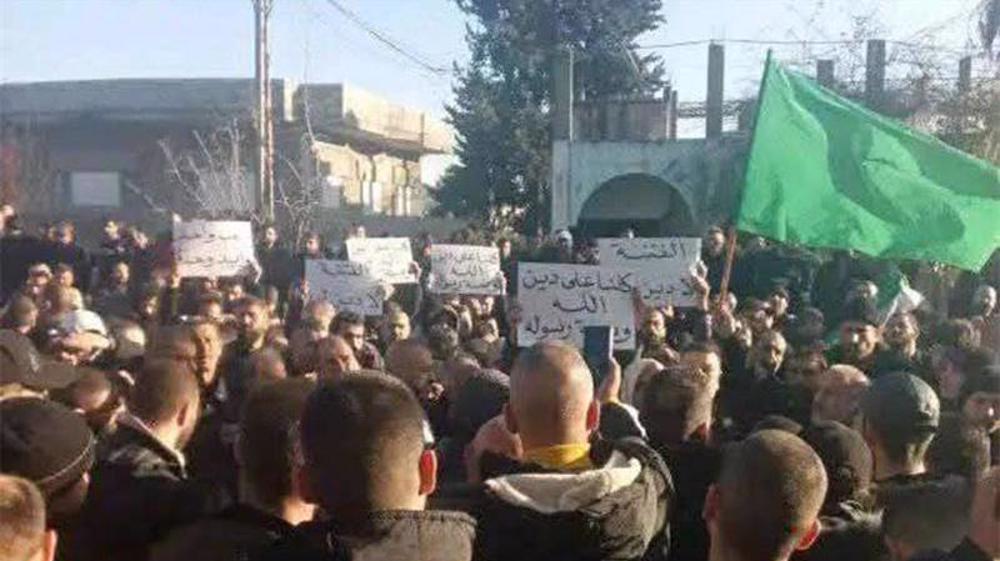
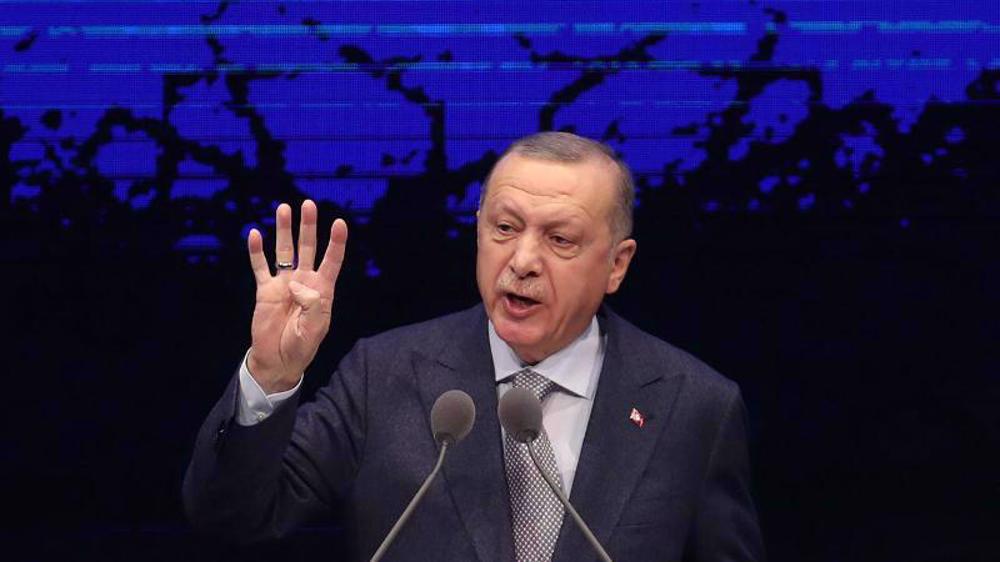
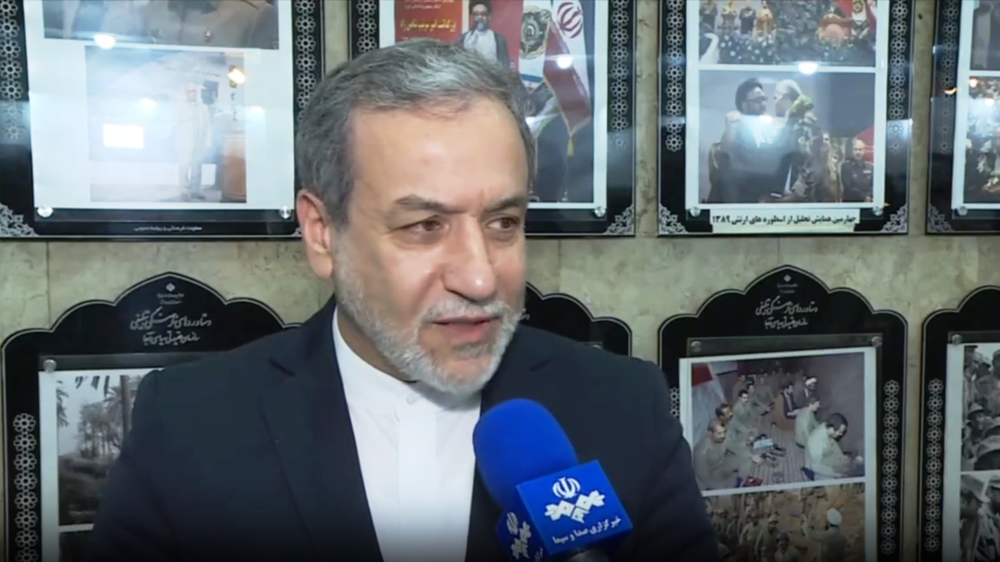



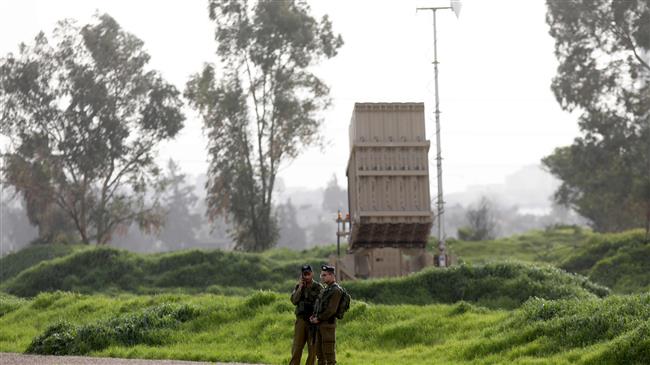

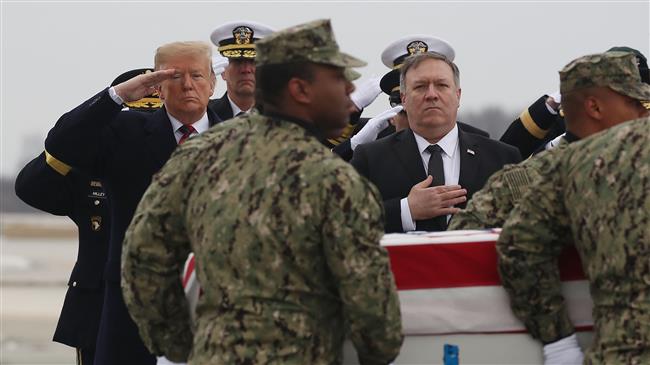

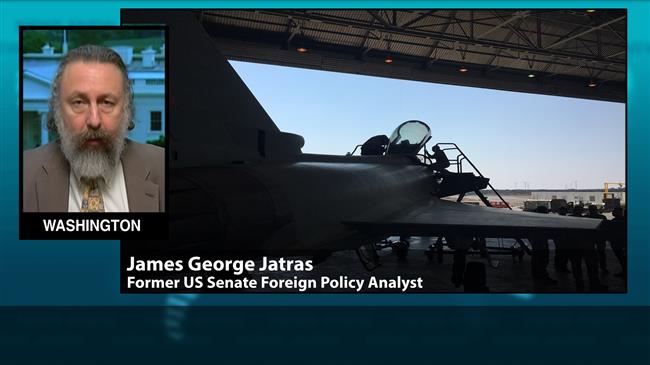



 This makes it easy to access the Press TV website
This makes it easy to access the Press TV website